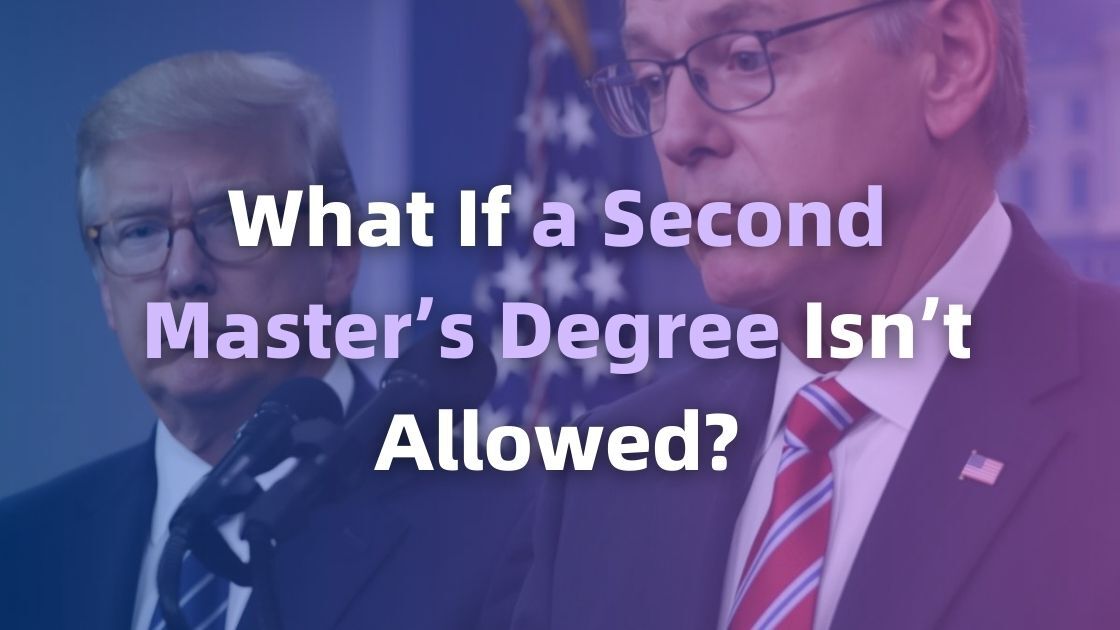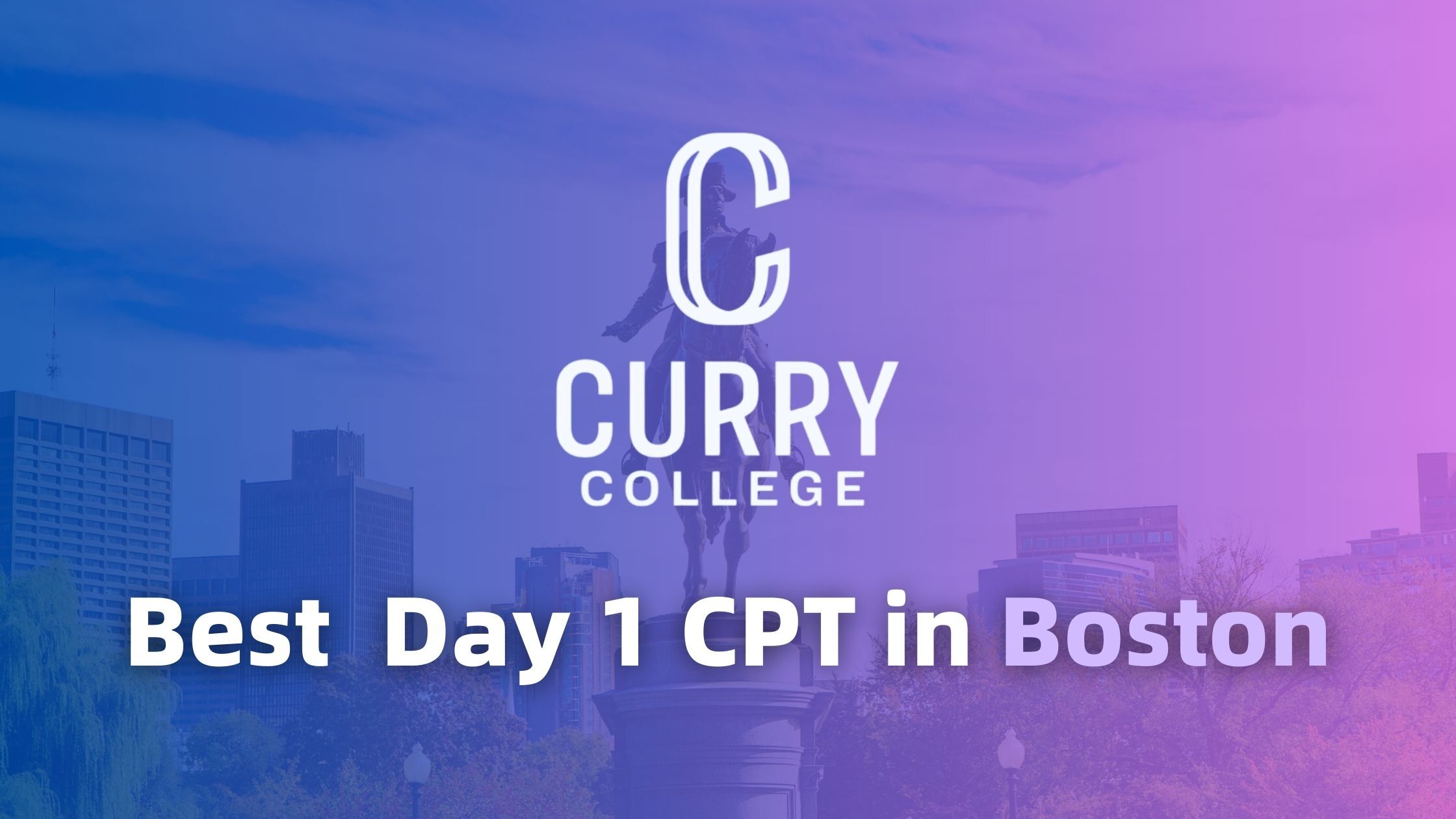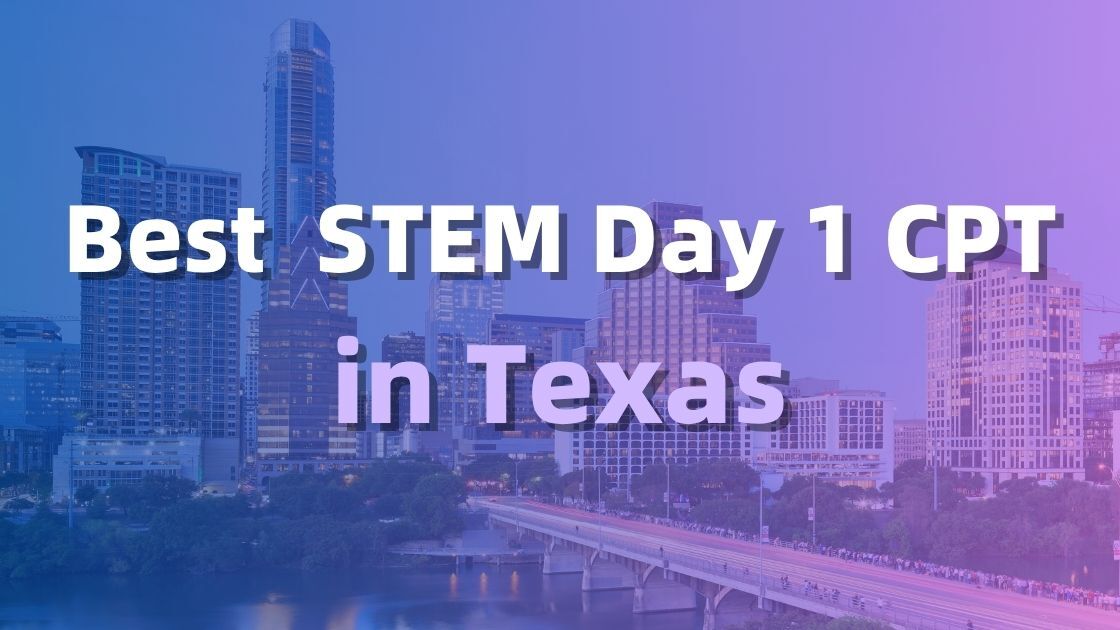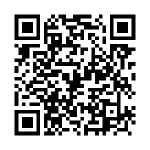Share this
Unlocking the H1B Puzzle: A Deep Dive into Wage Standards and Strategies
by Abby on Feb 01, 2024
.jpg?width=2240&height=1260&name=D1CU%20Blog%20Banner%20(5).jpg)
If you are processing an H1B visa or participating in next year's H1B lottery, you must have heard about the H1B minimum wage standard. Today, let's discuss the H1B minimum wage standard, how to determine the minimum wage requirements in your industry, and what you can do if you don't meet these requirements.
Table of Content
- The H1B Prevailing Wage: What It Is and Why It Matters
- The Four Levels of H1B Wage Standards: A Breakdown
- Checking Your H1B Wage Standard: A How-To Guide
- Solutions When Falling Short of Wage Standards
- Final Thoughts: Navigating H1B Wage Challenges
1. The H1B Prevailing Wage: What It Is and Why It Matters
The H1B minimum wage standard, also known as the prevailing wage, is determined by the U.S. Department of Labor (DOL) for specific job positions in different regions. Its primary purpose is to prevent the exploitation of foreign workers and maintain fair competition in the job market. It's crucial to know whether your wage level meets the corresponding standard, as you can only obtain an H1B visa if your wage meets or exceeds the prevailing wage required for your occupation and work location.
According to current H-1B approval requirements, foreign employees' wages must meet the average level in the local industry, known as the prevailing wage. The prevailing wage standard for H-1B depends on two main factors:
-
Job Requirements: Different types of job requirements determine the required skills and skill levels. Some positions require basic professional skills, while others require intermediate or advanced skills, naturally leading to different wage levels.
-
Work Location: The prevailing wage standard is calculated based on factors such as the average wage level, cost of living, price levels, and labor statistics in each region. Therefore, the same position may have different wage standards in different regions.
2. The Four Levels of H1B Wage Standards
There are four levels of prevailing wage standards for H-1B:
Each H-1B eligible position corresponds to four levels of prevailing H1B wage standards. The key factors determining these levels include the professional knowledge, skills, and work experience required for the position.
Each level's wage is divided into hourly and annual salaries. If you cannot meet the annual salary for a particular level, you can also apply for H-1B part-time, as long as the hourly wage meets the standard.
- Level 1: Generally requires basic theoretical knowledge and skills. It represents the lowest level of the prevailing wage standard. Usually, the minimum educational requirement is a bachelor's degree or less than one year of work experience. Companies often apply for this level for recent graduates. However, during Trump's administration, Level 1 applications were frequently subjected to RFE (Request for Evidence). To increase the approval rate of H-1B, it is common to apply for Level 2, even for recent graduates.
- Level 2: This level requires higher education, related experience, and professional knowledge. A bachelor's degree is acceptable, but two years of work experience is preferred. A master's degree can also apply for this level to compensate for the lack of work experience.
- Level 3: This level is for applicants with more experience and responsibilities in their job roles and functions, including mid-to-senior management positions. Typically, an undergraduate degree plus over three years of work experience can attempt to apply for this level.
- Level 4: Suitable for top-tier workers with extensive experience, professional knowledge, and higher education qualifications. Only employees with extensive experience in their field are eligible for Level 4, generally requiring a high-level management position.
After understanding the four levels of H-1B wage standards, it's clear that even if your employer is generous and willing to pay a higher wage level, your educational background, skill set, and actual work experience must match the requirements of the prevailing wage standard level. The application materials must provide a reasonable explanation and proof.
3. Checking Your H1B Wage Standard
How do we specifically check the prevailing wage standard for H-1B?
Step 1: Visit the "Foreign Labor Certification Data Center" website to search for relevant information: www.flcdatacenter.com

Step 2: Click on the FLC Wage Search Wizard on the Online Wage Library interface, and select your company's state in the Select a State/Territory section, such as California.

Step 3: In the Select a Data Source section, choose the 7/2023-6/2024 All Industries Database and select the county where your company is located.

Step 4: Choose the position you want to search for or enter keywords, such as selecting Market Research Analysts and Marketing Specialists from the job list. Then, you'll be able to see the prevailing wage for your case.


4. Solutions When Falling Short of Wage Standards
Finally, let's discuss what to do if you don't meet the H1B minimum wage standard.
The first method to negotiate a raise with your employer
If you know your current wage standard before the H-1B online registration on March 1st, there's still time to discuss your salary level with the company. As mentioned earlier, the employer only needs to pay a salary that matches the prevailing wage standard from October 1st and ensure the actual disbursement meets the H-1B wage standard. If your current wage level does not meet the requirement, it's okay; you must negotiate with the company to raise your salary after October 1st. If the company clearly states that it will not increase your salary to match the prevailing wage standard after October 1st, you should look for other reliable opportunities as soon as possible.
The second method to modify your professional job classification
For example, during the employer's reporting process, you can lower your professional job classification to a title with a lower wage level, such as changing to a generalist or assistant or adjusting your level to make your wage comply with the Department of Labor's requirements.
The third method to relocate
This method is mainly applicable to employees who can work remotely. If your current wage does not meet the standard in your region, you can negotiate with your employer to move to an area with a lower wage level, thus making your salary comply with the Department of Labor's requirements.
5. Final Thoughts: Navigating H1B Wage Challenges
In summary, if your wage does not meet the minimum wage standard for H1B applicants, there is much room for maneuvering in practice. If an employer refuses to sponsor you because your wage does not meet the standard, it's unreasonable. Understanding the situation is essential, and actively communicating with your employer to find a solution is essential. Lastly, it's worth mentioning that the H1B minimum wage standard is reasonably set based on the local cost of living and the skills required for the position. If your employer is unwilling to pay you the minimum wage standard, you should rationally consider whether your basic labor rights are being exploited.
That's all for today's sharing. See you next time!
If this is your final opportunity to enter the H1B lottery this year, and you're concerned about not being chosen or have recently experienced job loss and are unable to participate, please reach out to us. Our team provides complimentary, tailored consulting services to assist you in safeguarding your legal status in the United States.
Share this
- Day 1 CPT (32)
- H1B (24)
- Day 1 CPT Universities (18)
- H1B Lottery (11)
- CPT (6)
- Green card (5)
- University Application (4)
- F1 (3)
- F1 Status (3)
- International Students (3)
- USCIS (3)
- Westcliff University (3)
- Concordia University Texas (2)
- F1 Reinstatement (2)
- H1B Layoff (2)
- H1B Status (2)
- OPT (2)
- STEM OPT (2)
- change of status (2)
- Bay Atlantic University (1)
- Curry College (1)
- English Proficiency (1)
- Goldey-Beacom College (1)
- Green Card Application (1)
- H4 EAD (1)
- H4 Visa (1)
- Humphreys University (1)
- Immigration (1)
- International Student Travel (1)
- Jobs (1)
- L1 (1)
- Layoff (1)
- McDaniel University (1)
- O1 (1)
- Saint Peter's University (1)
- Salem University (1)
- Scholarships (1)
- Sofia University (1)
- Tax (1)
- December 2025 (1)
- November 2025 (2)
- October 2025 (1)
- September 2025 (3)
- August 2025 (2)
- June 2025 (1)
- May 2025 (2)
- March 2025 (2)
- November 2024 (2)
- October 2024 (4)
- September 2024 (3)
- August 2024 (3)
- July 2024 (2)
- June 2024 (7)
- May 2024 (3)
- April 2024 (4)
- March 2024 (3)
- February 2024 (5)
- January 2024 (1)
- October 2023 (3)
- September 2023 (6)
- August 2023 (10)
- July 2023 (3)
- June 2023 (4)
- May 2023 (1)
- April 2023 (1)
- February 2023 (1)
- November 2022 (1)
- October 2022 (3)
- September 2022 (1)
- August 2022 (1)

Full Day 1 CPT Universities List
Click here to view 30+ Day 1 CPT universities in different states
Scholarships & Payment Plan
Click here to explore extensive scholarships and financial aids
Get Free Assistance Now
We can help you with admission, fee waiver, and scholarships
Featured Articles
Studying and Working in the US

What If a Second Master’s Degree Isn’t Allowed? Why a Day 1 CPT DBA Could Be Your Best Path Forward
-Nov-22-2025-12-02-59-3078-AM.jpg)
Which Day 1 CPT Programs Offer a Fixed Summer Break? You Won’t Believe How Rare the Answer Is…

Why Curry College is a Top Choice of Day 1 CPT in Boston

Concordia University Texas Launches New MCS Program - A Top STEM Day 1 CPT Option





.png?width=204&height=68&name=Verified%20(2).png)


.png?width=250&height=83&name=Logo%20-%20Rectangle%20(2).png)
.png?width=250&height=83&name=Logo%20-%20Rectangle%20(1).png)
